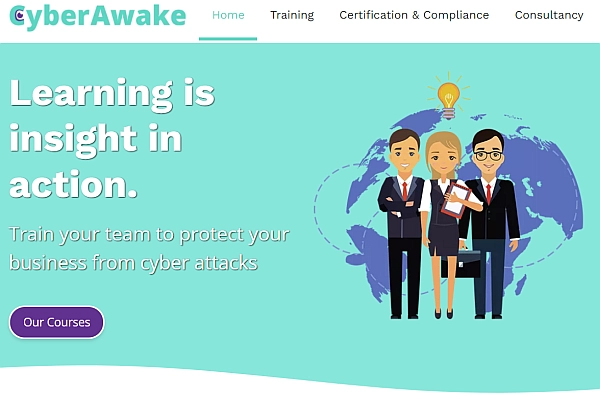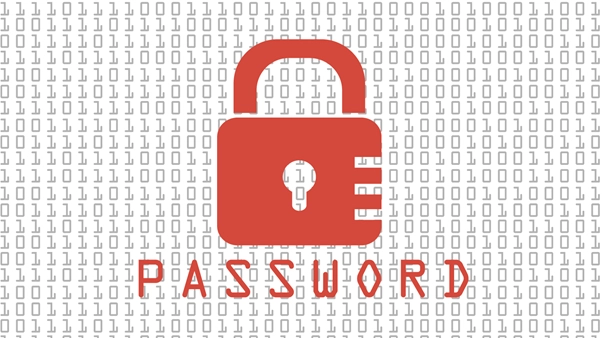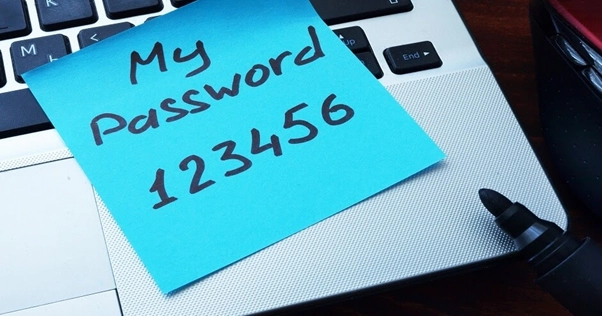Following on from the Back-to-Basics Password Primer mini-series – my latest article on CyberAwake is discussing the basics of multi-factor authentication (MFA): Back to Basics – MFA – CyberAwake In the next part I am going to discuss some of the weaknesses in MFA as a cyber security tool. Back …
Where Do You Keep Your Passwords?
I was wondering what to write about this week for “The Wednesday Bit” – I knew it was not going to be passwords. I have had enough of that! I got started on a spin-off topic from an IT and Cyber Security Audit I am running at the moment about …
Again let’s start the week with Ransomware
Ransomware you need a plan and to get you started I have written a Ransomware Primer for those of you with no plan or those of you who want to check your plan against my advice. Ransomware – A Primer My Ransomware Mini-series came to an end yesterday, with the …
Continue reading “Again let’s start the week with Ransomware”
On the day I run a password primer this is in the news…
Over 40,000 admin portal accounts use ‘admin’ as a password It seems even administrators need to read my password primer. Back to Basics – A Password Primer
Back to Basics – A Password Primer
It is difficult to avoid a password when it comes to managing your cyber security, but they are often overlooked as being “something easy everyone copes with” or the policies relating to them do not add to the cyber security but detract from it. This is why I wrote a …




